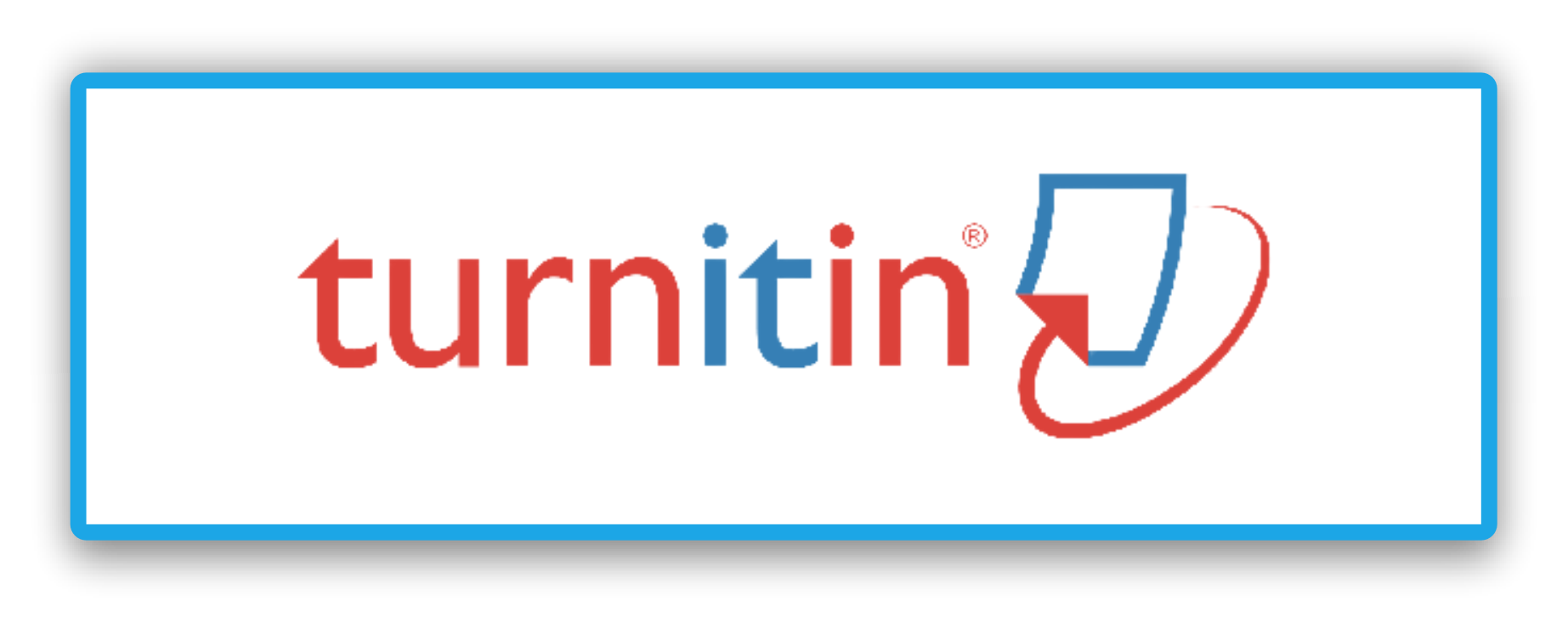The Relevance of Akhlak Material in Building Religious Values and Character Among Sixth-Grade Students at SD Negeri 04 Talaok Bayang Pesisir Selatan
Abstract
Full Text:
PDFReferences
BIBILIOGRAPHY
Amin, M., Ritonga, M., & Nasrul, W. (2021). Islamic Education: As a Character Building Effort. Al-Misbah (Jurnal Islamic Studies), 9(1), 44–54. https://doi.org/10.26555/al-misbah.v9i1.2225
Attas, S. M. N. Al. (1999). The Concept Of Education In Islam. In First World Conference on Muslim Education held in Makkah (Vol. 1). Pustaka Nasional.
Chowdhury, M. (2016). Emphasizing Morals, Values, Ethics, and Character Education in Science Education and Science Teaching. Malaysian Online Journal of Educational Sciences, 4(2), 1–16.
Fidelis, A., Moreira, A. C., & Vitória, A. (2024). Multiple perspectives of spiritual intelligence: A systematic literature review. Social Sciences & Humanities Open, 9, 100879. https://doi.org/https://doi.org/10.1016/j.ssaho.2024.100879
Hussain, S., Khan, Z. H., Amin, R., & Kanwal, U. (2023). Spiritual Intelligence, Resilience, and Mental Health: A Comparative Study among University Students with Different Academic Degrees. Clinical and Counselling Psychology Review, 5(1), 17–34. https://doi.org/10.32350/ccpr.51.02
Jannah, E. M., Nabillah, W., & Putri, N. S. (2024). The Urgency of Islamic Education in Shaping Religious Character to Improve Students’ Moral Quality. Educate : Jurnal Ilmu Pendidikan Dan Pengajaran, 3(3), 114–128.
Maidugu, U. A., & Isah, A. T. (2024). Islamic Education and its Value: A Vital Means for the Formation of National Character. Bulletin of Islamic Research, 2(4), 6–12. https://doi.org/10.69526/bir.v2i4.165
Najafi, K., Khoshab, H., Rahimi, N., & Jahanara, A. (2022). Relationship between spiritual health with stress, anxiety and depression in patients with chronic diseases. International Journal of Africa Nursing Sciences, 17, 100463. https://doi.org/https://doi.org/10.1016/j.ijans.2022.100463
Purnama, S., Wibowo, A., Narmaditya, B. S., Fitriyah, Q. F., & Aziz, H. (2022). Do parenting styles and religious beliefs matter for child behavioral problem? The mediating role of digital literacy. Heliyon, 8(6), e09788. https://doi.org/https://doi.org/10.1016/j.heliyon.2022.e09788
Rahmi, Kustati, M., & Ritonga, M. (2019). Character Education in Disruption Era: Hopes and Challenges in Islamic Education Institution. International Conference on Islamic Education ICIE 2019 Faculty of Islamic Education and Teacher Training Universitas Islam Negeri Imam Bonjol Padang, 211–219.
Rinaldi Putra, Riki Saputra, & Ritonga, M. (2022). Implications of Scouting Education on the Formation of Religious Character and Increasing Learning Outcomes of Religious Education. WARAQAT : Jurnal Ilmu-Ilmu Keislaman, 7(2), 275–288. https://doi.org/10.51590/waraqat.v7i2.335
Saedi, F., Dehghan, M., Mohammadrafie, N., Xu, X., Hermis, A. H., & Zakeri, M. A. (2024). Predictive role of spiritual health, resilience, and mental well-being in treatment adherence among hemodialysis patients. BMC Nephrology, 25(1), 326. https://doi.org/10.1186/s12882-024-03768-8
Safitri, E. (2022). Implementation of the Development of Moral Religious Values in Early Childhood Through Modeling Methods. Early Childhood Research Journal (ECRJ), 5(1), 31–42. https://doi.org/10.23917/ecrj.v5i1.11858
Steć, M., Kulik, M. M., & Wendołowska, A. (2021). From supporting moral competence to fostering spiritual growth: The psycho-didactic potential of the konstanz method of dilemma discussion (kmdd®). Religions, 12(8). https://doi.org/10.3390/rel12080646
Widayanti, R., Febriani, S. R., & Ritonga, M. (2020). ICBC Program to forming Character Building. Jour of Adv Research in Dynamical & Control Systems, 12(02), 3265–3273. https://doi.org/10.5373/JARDCS/V12I2/S20201448
Yusuf, M., Ritonga, M., & Mursal, M. (2020). Implementasi Karakter Disiplin dalam Kurikulum 2013 Pada Bidang Studi PAI di SMA Islam Terpadu Darul Hikmah. Jurnal Tarbiyatuna, 11(1), 49–60. https://doi.org/10.31603/tarbiyatuna.v11i1.3437
DOI: https://doi.org/10.31869/ruhama.v8i2.7166
Article Metrics
Abstract view : 0 timesPDF - 0 times
Refbacks
- There are currently no refbacks.

This work is licensed under a Creative Commons Attribution-ShareAlike 4.0 International License.
INDEXED BY :
Pascasarjana UM Sumatera Barat
Jl. Pasir Kandang No.4, Pasie Nan Tigo, Kec. Koto Tangah, Kota Padang, Sumatera Barat 25586.
 This work is licensed under a Creative Commons Attribution-ShareAlike 4.0 International License.
This work is licensed under a Creative Commons Attribution-ShareAlike 4.0 International License.












